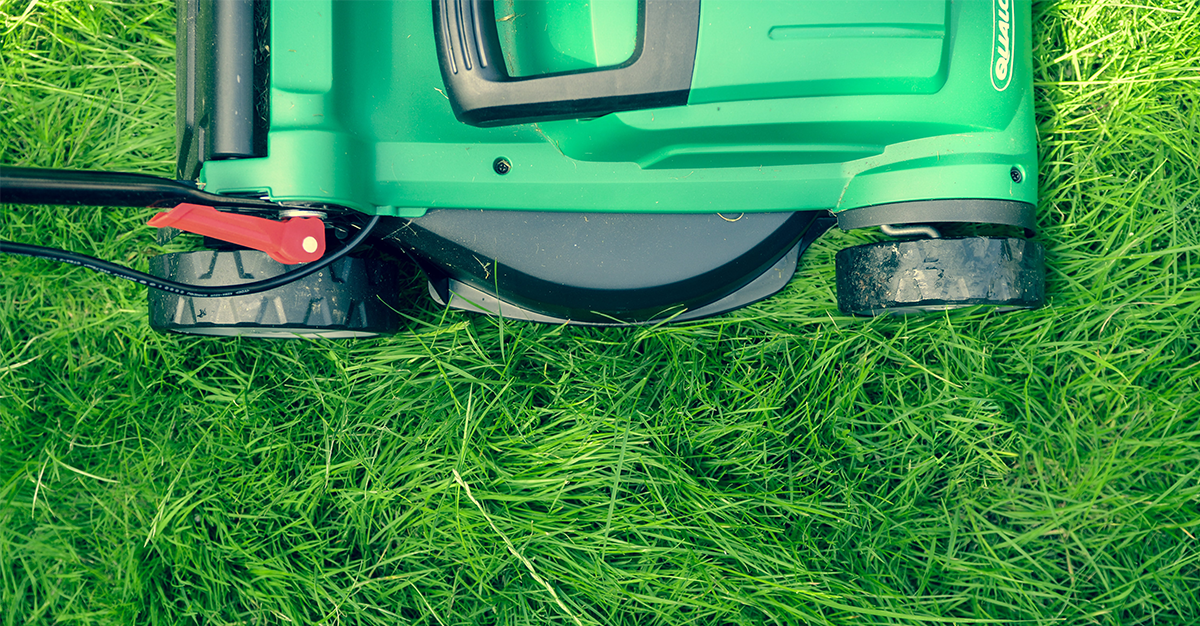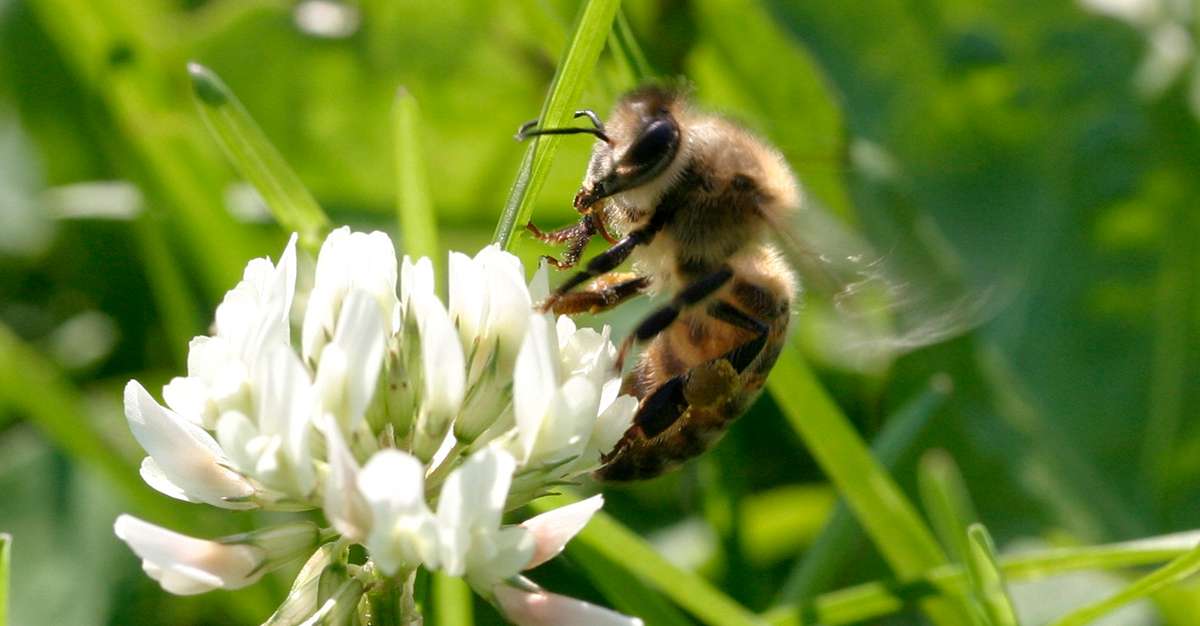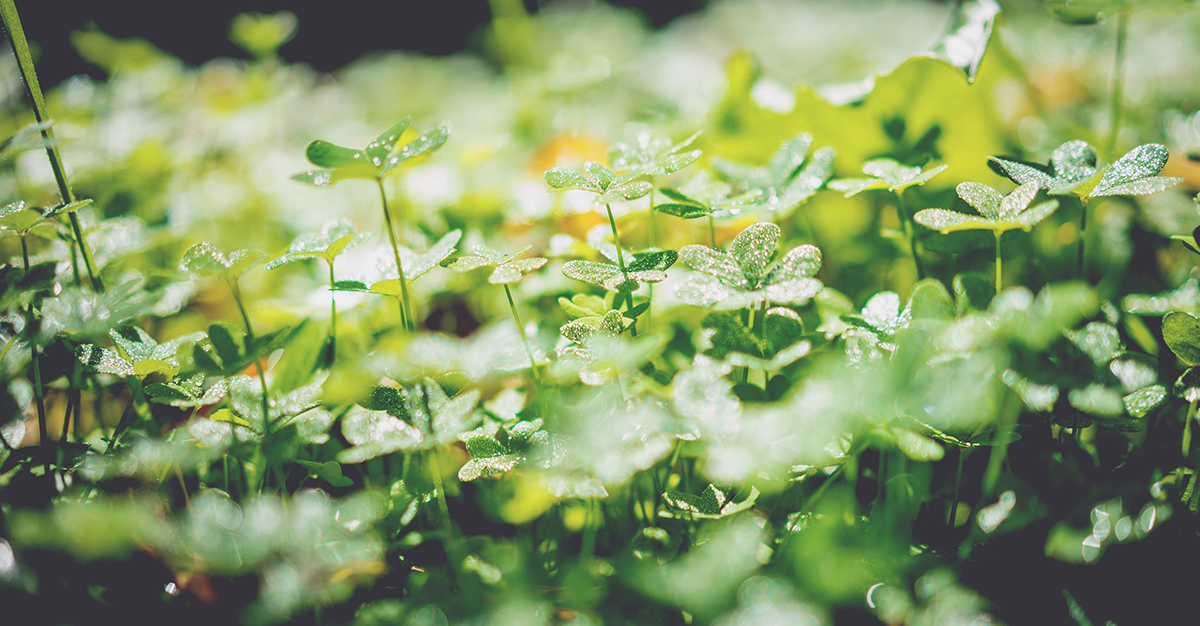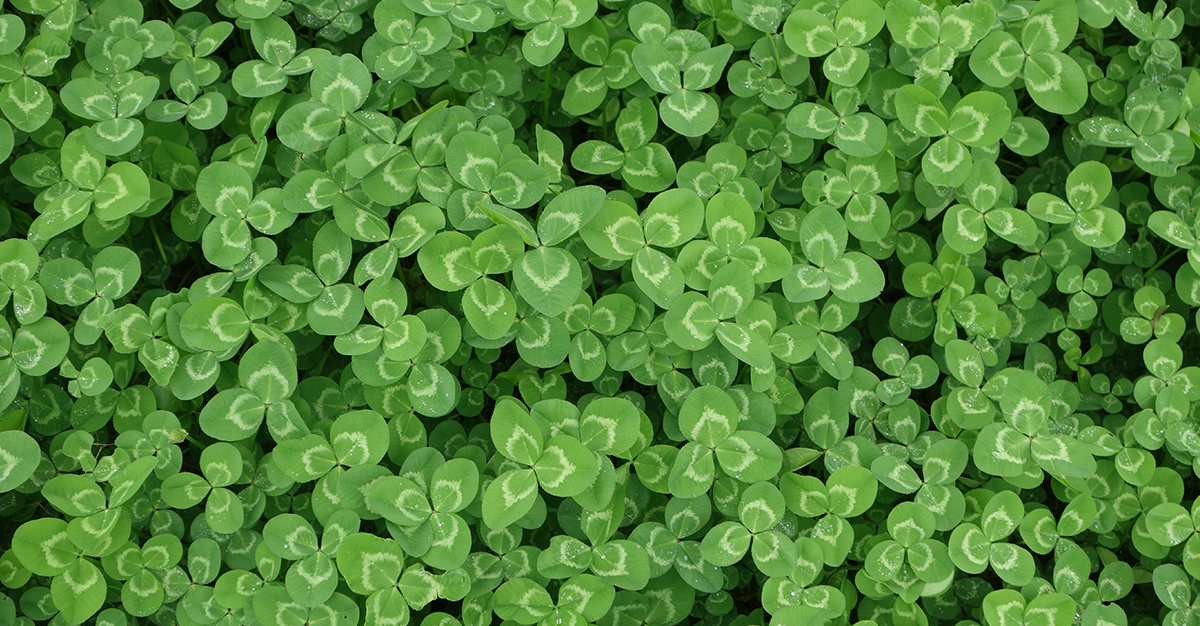There are few things nicer in the summer than having a nice, thick, green lawn to enjoy. But lawns comprised of grass come with an environmental cost. These grassy fields often require quite a bit of maintaining and can be the source of pollution in the form of mower emissions and different chemical pesticides and fertilizers.
This year, you should consider tearing out your grass and instead planting a clover lawn. Here’s why.
No mowing

One of the biggest reasons to grow a clover lawn instead of grass is that you simply don’t need to mow it as often or ever. Most clover grows just a few inches tall. It will naturally maintain a fairly even height without your intervention. But it’s not just more convenient, but it’s easier on the environment as well.
Here’s the reality: gas powered lawn mowers are not subject to the same pollution controls that gas powered cars are. As a result, the average lawn mower, mile for mile, pollutes as much as 43 new cars according to the EPA. Electric mowers don’t directly pollute, but most electricity is sourced from fossil fuels, which do pollute. The less you have to mow, the better!
It’s good for the bees

During the spring, summer, and fall, most types of established clover will produce flowers. These flowers are usually white, purple, or red. The flowers produced by clover attracts pollinating insects, like honeybees, and helps local pollinators stay fed and healthy.
We do understand that some people are allergic to bees, so planting a field of bee attracting flowers in your front yard may not be ideal. You can still have a clover lawn, but mow it regularly. Electric mowers are ideal as they pollute less.
Clover requires less water

Grass is thirsty. Even drought-resistant strains of grass are more water intensive than clover. Clover is able to handle dry spells easier than grass due to the depth of its roots. Clover roots grow deeper than grass roots and are able to absorb more water when watered.
It can grow in poor soil

Grass generally isn’t very difficult to grow, but it does tend to need more nutrient dense soil than clover. Clover enriches the soil it grows in with nitrogen, which it requires in order to effectively grow. Because of this, it can be planted in pretty poor soil and grow just fine. Because of this, it also doesn’t require fertilizers to grow.
No need for pesticides or herbicides

In order to grow grass well, many turn to petrochemical fertilizers, pesticides, and herbicides. Clover doesn’t require this. It tends to grow dense and not succumb to insect pests very easily. It also tends to out-compete broadleaf weeds, so there’s no need to use any weed-killer. You may need to spot-remove the occasional dandelion, but clover will do most of the work.


